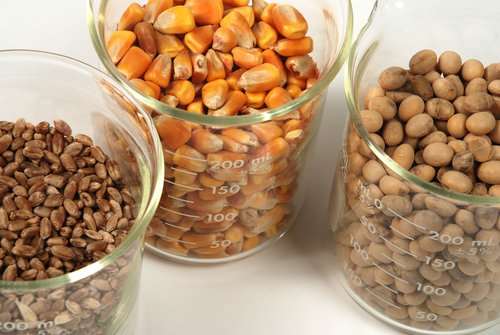Most recent Crop Progress Report released July 25
By Diego Flammini
Assistant Editor, North American Content
Farms.com
The USDA’s July 25 Crop Progress Report shows corn, soybeans and wheat performing well.
With respect to corn, 79 per cent of the crop is silking, which represents a 23 per cent jump since July 17. This figure is nine per cent higher than the 70 per cent five-year average.
Seventy-nine per cent of the crop finds itself in good/excellent condition.
The five states with the highest corn silking percentage are:
- Missouri – 97%
- North Carolina – 96%
- Tennessee – 94%
- Texas – 92%
- Illinois – 90%

When looking at soybeans blooming, 76 per cent of the crop is flowering, up 17 per cent from July 17. This figure is up 10 per cent from the five-year average.
Seventy-one per cent of the soybean crop is classified as good/excellent.
The top states with soybean blooms are:
- Louisiana – 95%
- Arkansas – 91%
- Wisconsin – 86%
- Iowa & Mississippi – 83%
- South Dakota – 82%
When it comes to winter wheat, 83 per cent of the crop has been harvested. That number is up from 76 per cent on July 17. It is also up from the 79 per cent five-year average.
Arkansas, North Carolina, Ohio, Oklahoma and Texas all report a 100 per cent harvest.